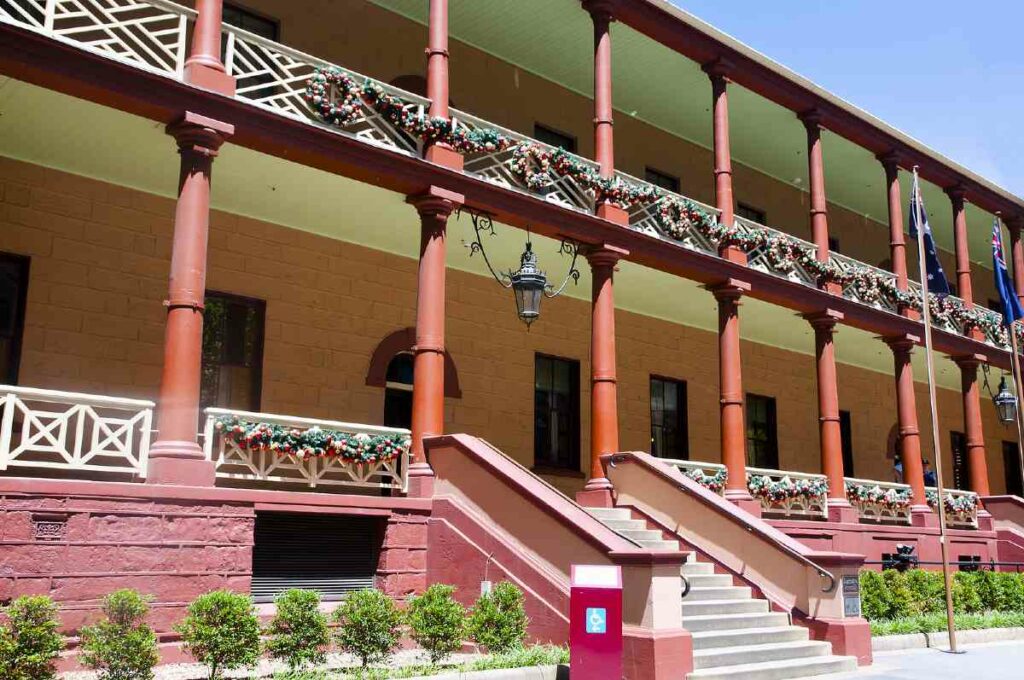Debate begins on NSW euthanasia bill

A euthanasia bill will be tabled soon in the parliament of the Australian state of New South Wales. Alex Greenwich, an independent MP, introduced the “Voluntary Assisted Dying Bill 2021” earlier this week.
In his speech to the lower house, he said that he had been touched by “heart-breaking” stories of people who had “slow and agonising deaths”: “Stories of people who died choking on their bodily fluids, who slowly suffocated to death … who were unable to swallow, whose bodies were covered in painful open sores.”
Euthanasia lobbyists have run a thoroughly professional campaign. A petition has been signed by 100,000 supporters. The bill is backed by a record 28 MPs, including members of the government, crossbench and the Labor opposition – which is said to be the highest number of co-sponsors to a bill in the history of any Australian parliament.
It’s hard to predict the outcome. Momentum is with supporters, as NSW is the only state in the country where euthanasia is not legalised. However, a new Premier, Dominic Perrottet, is a staunch opponent.
Although the bill has not been passed yet, supporters are already grumbling that it is far too restrictive and will not permit enough people to be killed.
Writing in the Sydney Morning Herald, award-winning journalist and novelist Malcolm Knox kvetches that too many concessions have been made to opponents in order to sweeten the bill. Australian states have already passed laws that are amongst the most restrictive in the world. “What has eventuated in the other states, and what is proposed for NSW, is a compromise that leaves nobody happy,” he writes.
“Assisted dying became legal in mid-2019; Victoria’s law has 68 safeguards, the most of any in the world. The review found that those safeguards had been so restrictive that many patients were dying while waiting for access, were thwarted by unworkable logistics, and were discriminated against by the under-resourcing of the approvals process.”
He also contends that conscience votes are not in the public interest. “Many of us would like to see more conscience votes, as they free the representatives from party discipline. But really, they serve only the major parties’ own interests, for there are some issues, such as VAD [voluntary assisted dying], that would tear the parties limb from limb if debated internally. Best for them (but not necessarily for us) if the debate liberates the members to speak as individuals.”
It is still early days – but if the bill passes, it’s possible that supporters will begin campaigning immediately to dismantle the vaunted safeguards. That is, of course, what happened in Canada.
- How long can you put off seeing the doctor because of lockdowns? - December 3, 2021
- House of Lords debates assisted suicide—again - October 28, 2021
- Spanish government tries to restrict conscientious objection - October 28, 2021
